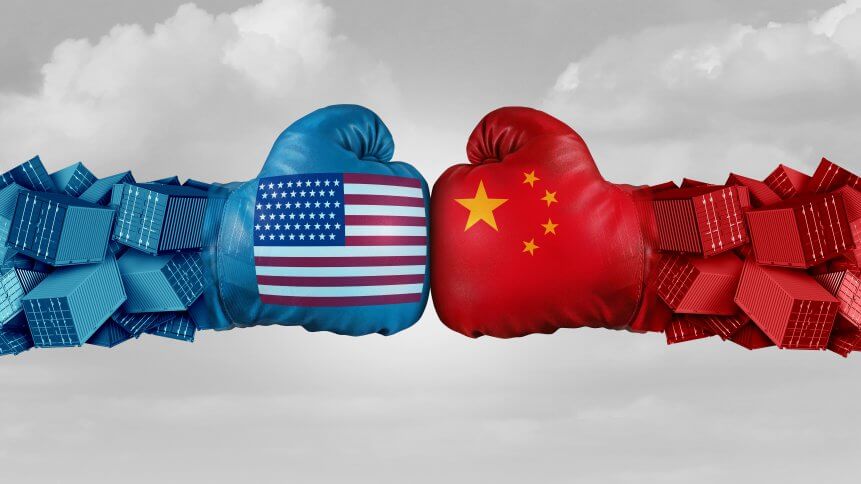China clamping down on ChatGPT and tech giants offering similar services

The government of China has yet to make any official remarks in regards to ChatGPT, the booming technology invented by Microsoft-backed OpenAI. Although the generative AI was not made available to China, it has still attracted huge interest among locals, with firms rushing to integrate the technology into their products and even launch rival solutions.
However, just weeks after some of China’s biggest tech firms, including Baidu, Alibaba, JD.com and NetEase, announced their plans for ChatGPT rivals, officials started showing growing concern. Reports are surfacing, which could indicate regulatory concern over OpenAI’s uncensored nature when replying to user queries. In short, the authorities have their eyes set on ChatGPT and are watching the space carefully.
Ironically, just last week, a white paper issued by the Beijing Municipal Bureau of Economy and Information Technology, mentioned that the local government will “support leading enterprises to create a large model that is benchmarked against ChatGPT, build an open-source framework, and form a breakthrough in the development of the artificial intelligence industry.”
The paper also states that local government agencies are increasingly opening up data sources for use toward such aims, including in the fields of public service guides, finance, taxation, and urban management. On the other hand, there was a growing backlash against ChatGPT when state-owned media outlet China Daily shared a post on Weibo, China’s heavily censored equivalent of Twitter.
What are regulators saying about ChatGPT for China?
Monday’s post said ChatGPT “could provide a helping hand to the US government in its spread of disinformation and its manipulation of global narratives for its own geopolitical interests”. This was followed by a report from Nikkei claiming that Chinese regulators have instructed local big tech companies to stop offering products and services, which are powered by OpenAI’s ChatGPT technology.
Quoting sources, Nikkei also stated that Tencent Holdings and Ant Group, the fintech affiliate of Alibaba, have been instructed not to offer access to ChatGPT services on their platforms, either directly or via third parties.
Tech companies will also need to report to regulators before they launch their own ChatGPT-like services, the sources added. For context, although ChatGPT is not officially available in China, there are still users accessing the generative AI chatbot using a virtual private network (VPN). There have also been dozens of “mini programmes” released by third-party developers on Tencent’s WeChat social media app that claim to offer services from ChatGPT.
However, regulatory pressure has led Tencent to suspend several such third-party services regardless of whether they were connected to ChatGPT or were imitations, Nikkei said. Frankly, many are not surprised with the interference of Chinese regulators – with some saying it was inevitable. Especially considering how Chinese Big Tech has been a target of local regulators amid the tech industry crackdown in recent years.
“There will inevitably be some users who ask the chatbot politically sensitive questions, but the platform would be held accountable for the results,” a person familiar with the matter told Nikkei. Frankly, for more than two years, China’s digital economy has faced shifting political and regulatory winds.
However, since the beginning of this year, Chinese regulators began softening their approach on tech giants. Concurrently, the government started pressing ahead with wide-ranging regulations on deep fakes due to its far-reaching impacts. Therefore, since January 10 this year, deep synthesis providers–content providers that alter text, audio, images, and video–in China will have to abide by a new set of rules, according to the Cyberspace Administration of China (CAC).
The move perhaps foreshadowed what the Chinese Communist Party’s stance would be on the generative AI chatbot, which has a notorious reputation for spitting out strange information and unchecked data.










